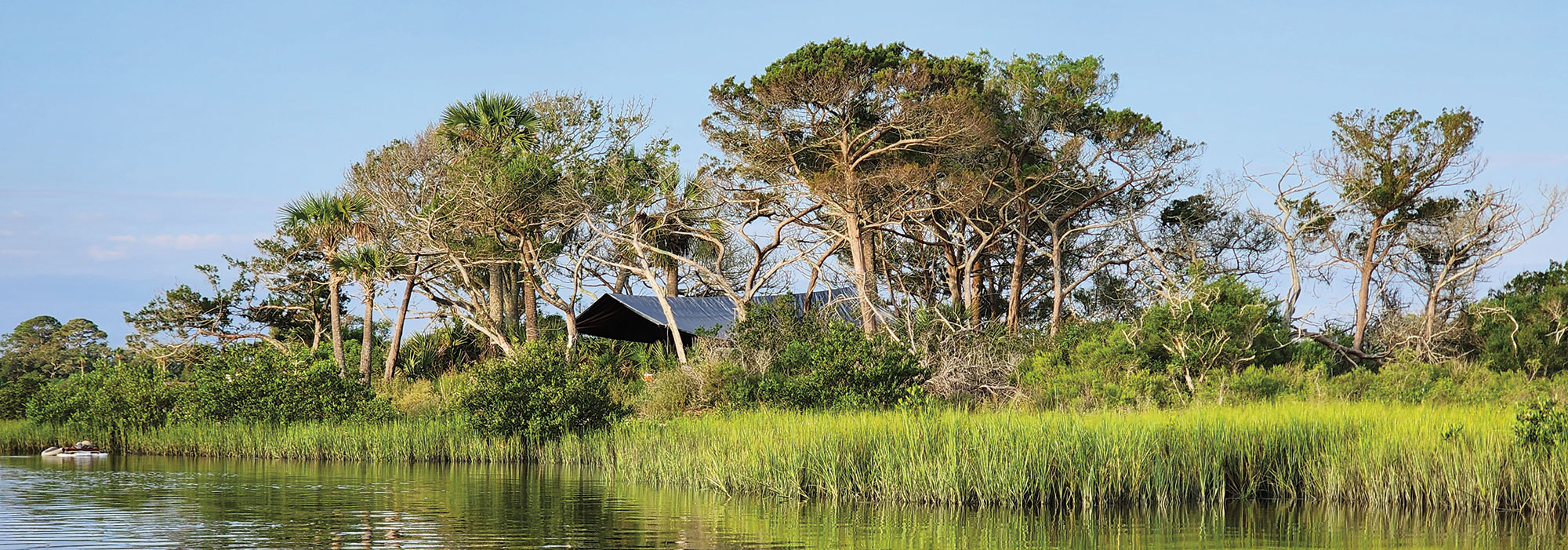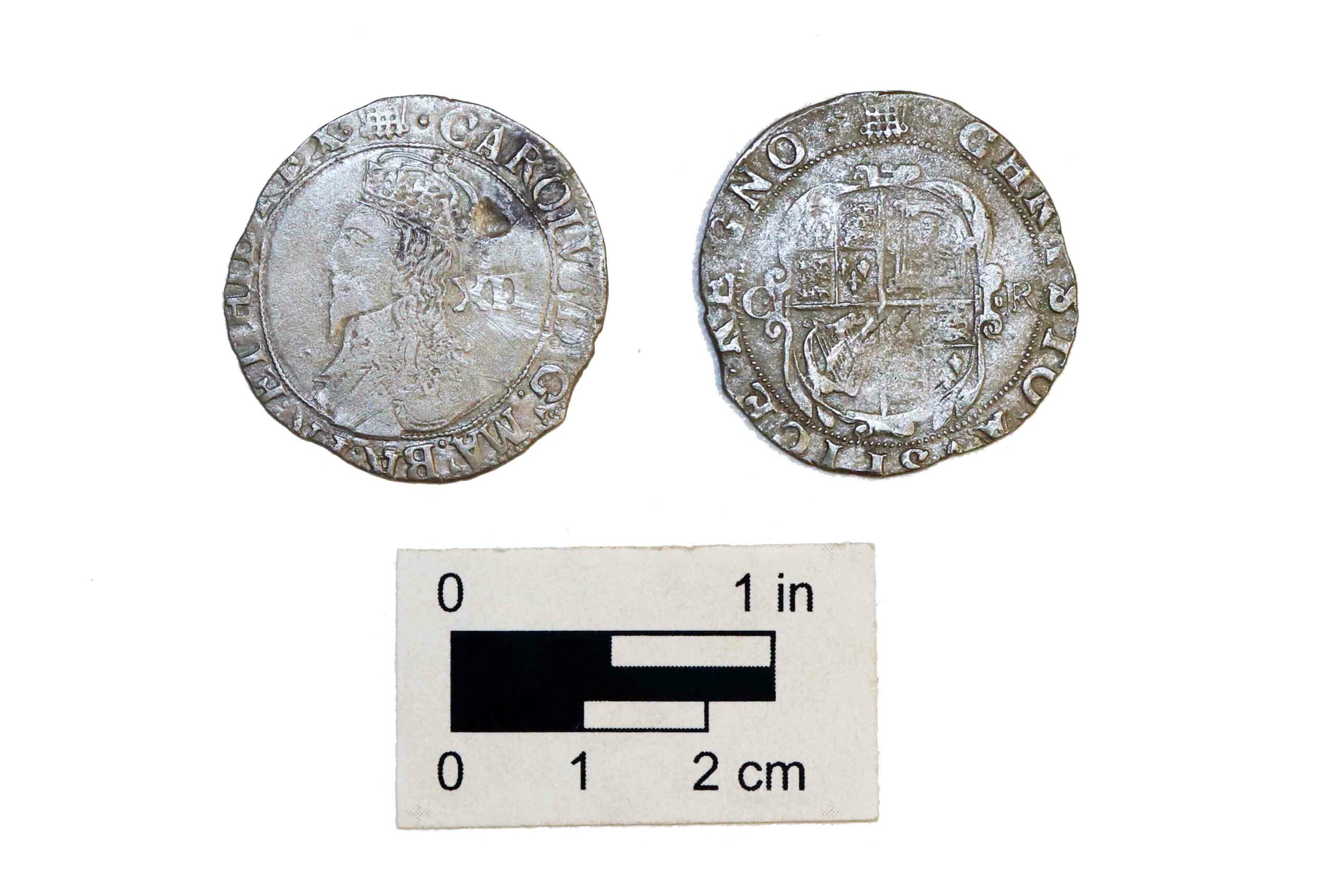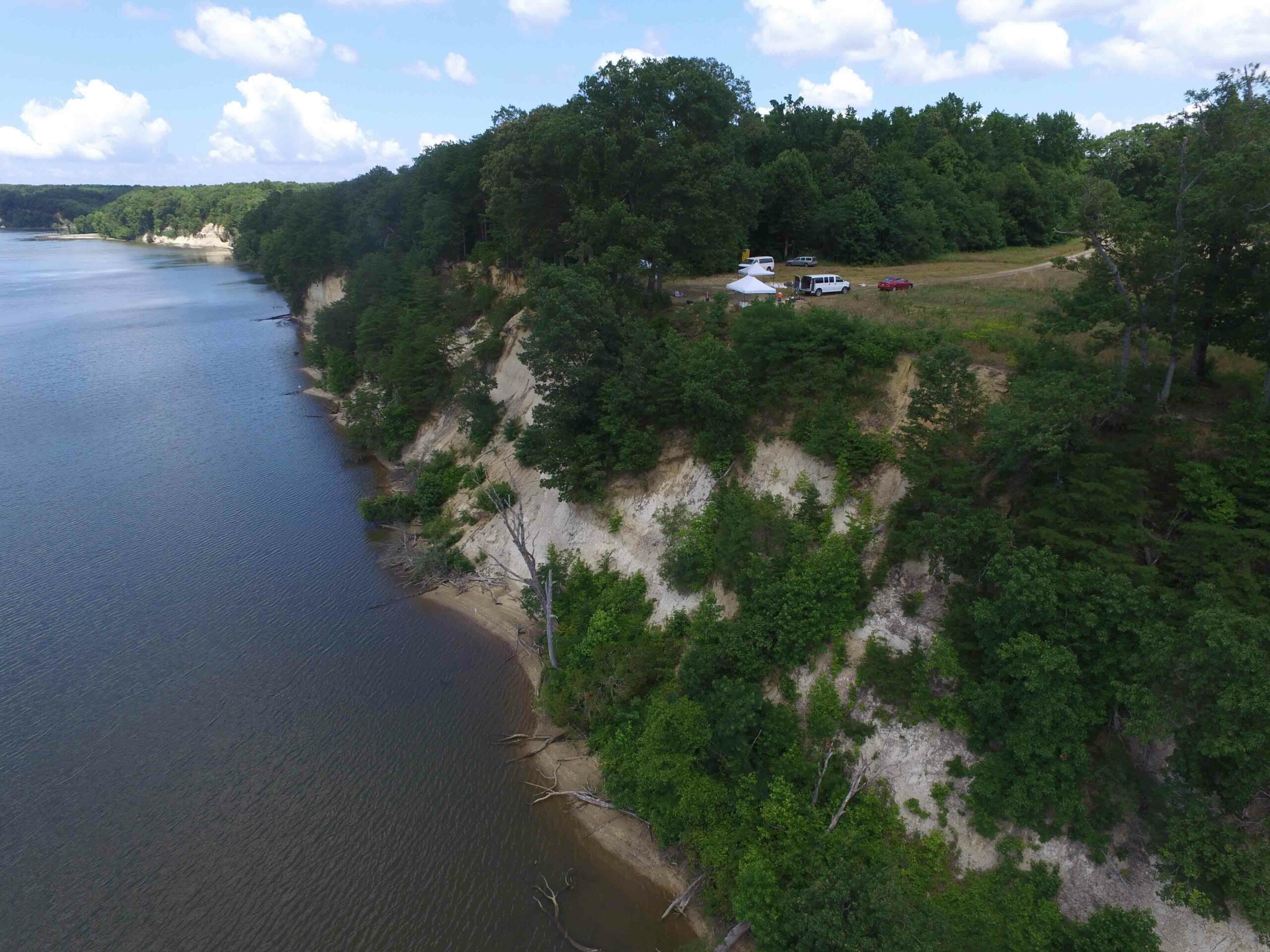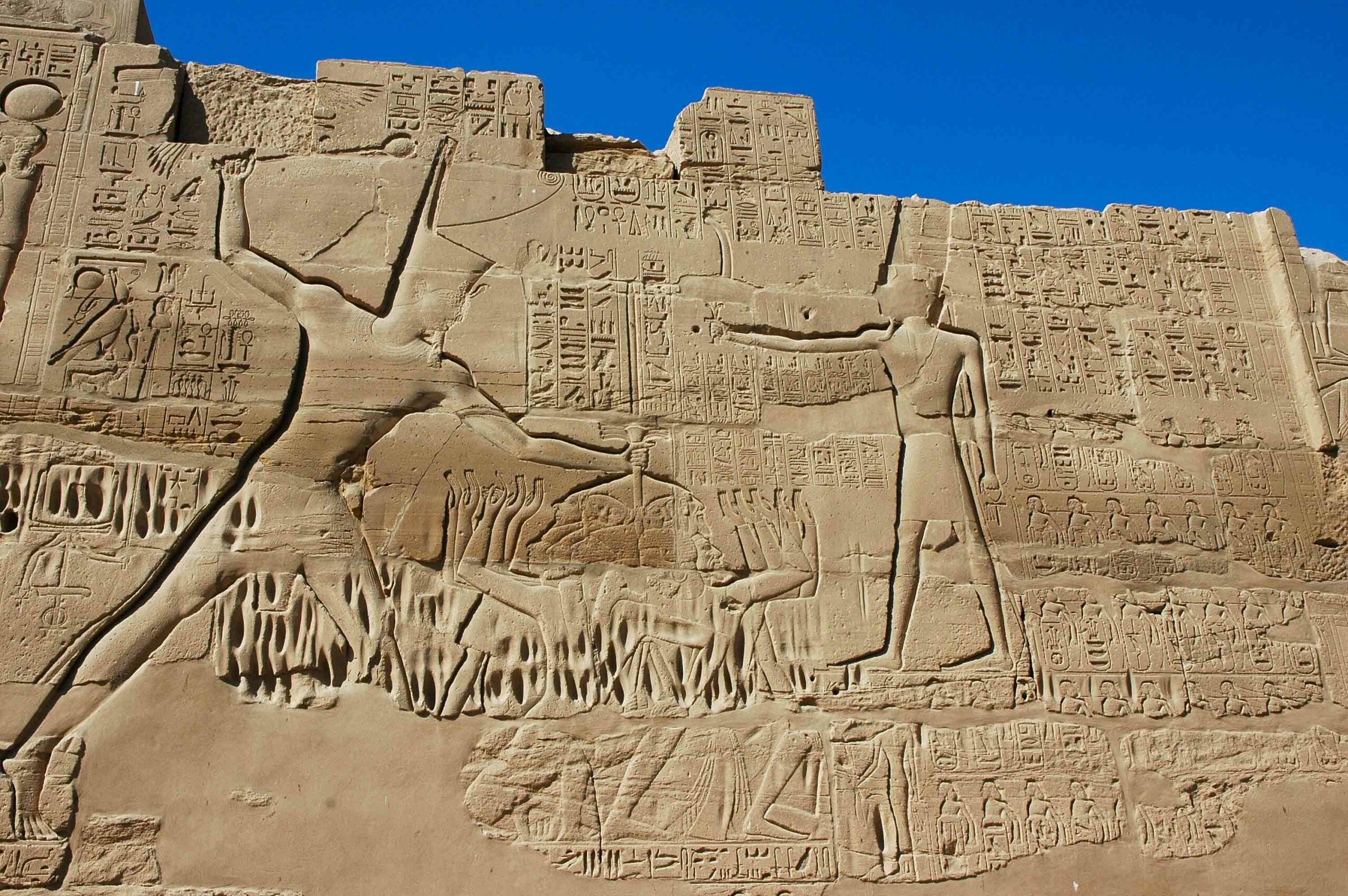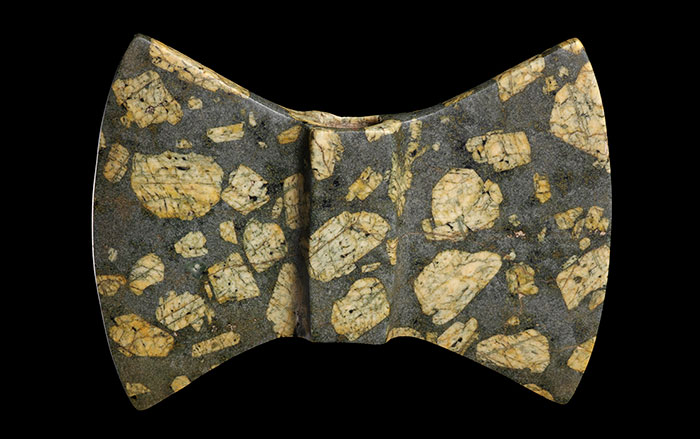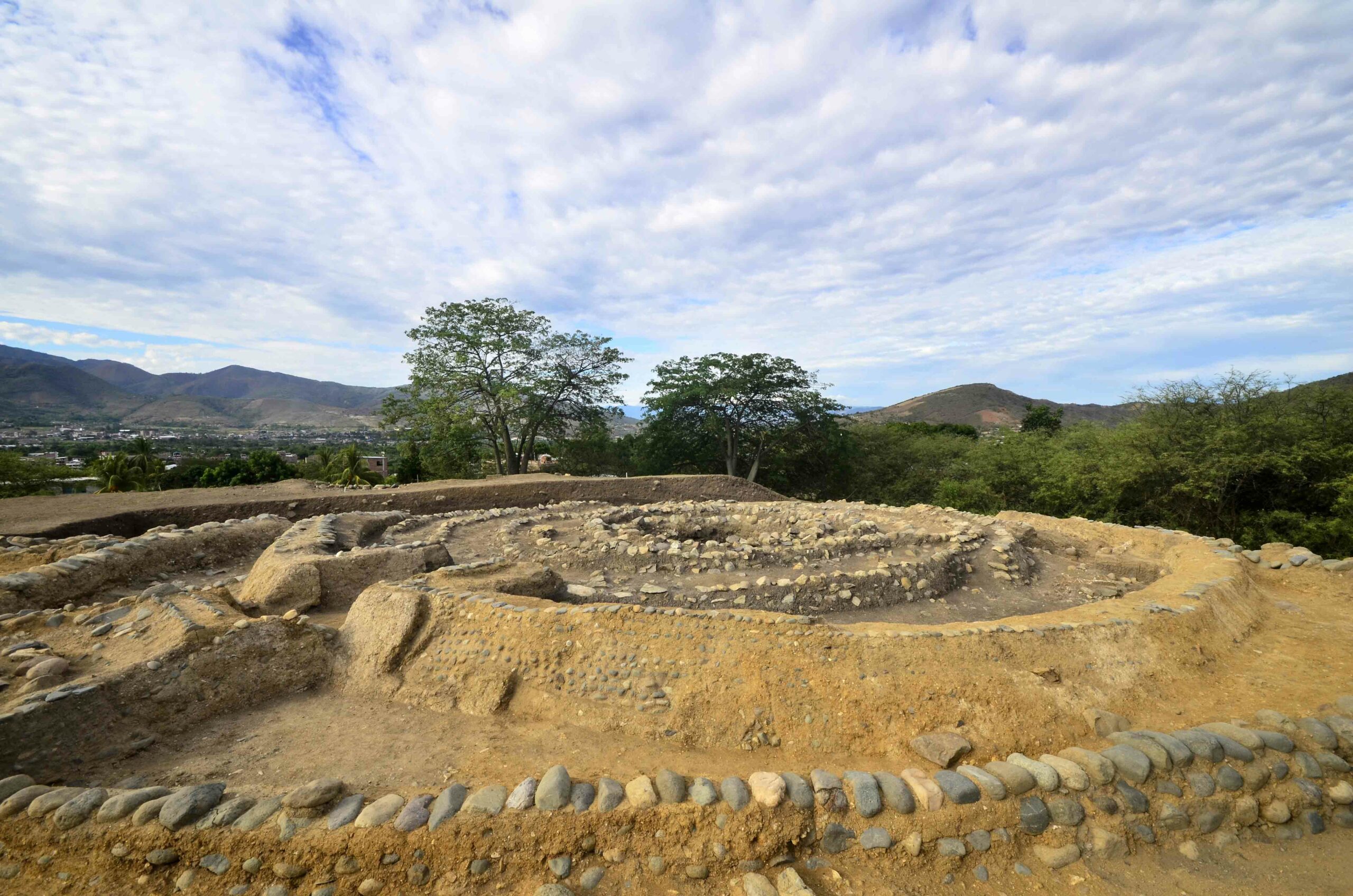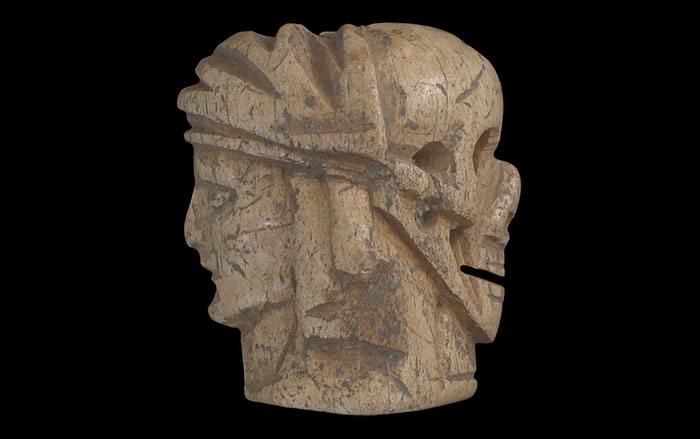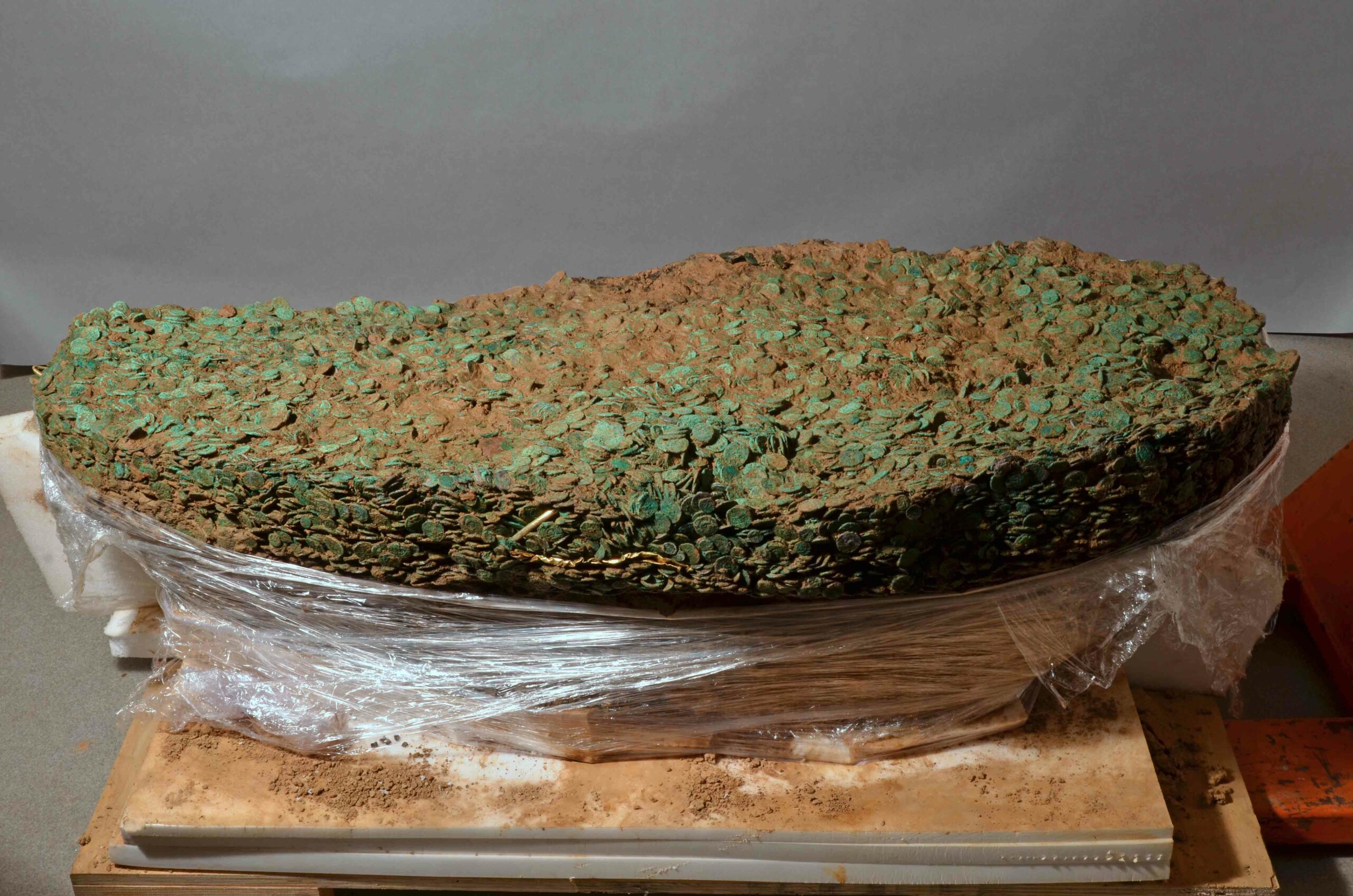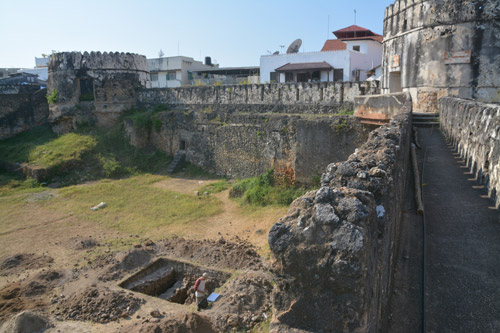
ZANZIBAR TOWN, ZANZIBAR—According to a report in United Arab Emirates-based The National, a team of researchers led by archaeologist Mark Horton from the University of Bristol has uncovered the foundations of two early-17th-century Portuguese churches on the island of Zanzibar, which lies off the coast of Tanzania. Horton and his colleagues, including archaeologists from Zayed University in Abu Dhabi, made the discovery while excavating an 18th-century Arab fort in Stone Town, the oldest quarter of the island's main city, Zanzibar Town. In typical fashion for settlements that have weathered multiple periods of rule by successive colonial powers, the dig at Stone Town has revealed layers of occupation, including that of the Portuguese, who effectively controlled the East African coast between 1500 and 1698, when they ceded Fort Jesus in Mombasa to Omani Arabs. In addition to the church foundations, the team has also found several Christian burials, including that of a woman—possibly a nun—with a sacred heart medallion around her neck. According to Horton, while historians have long held that Stone Town is only a few centuries old, the team has identified archaeological deposits that could extend back a thousand years. To read more about archaeology in East Africa, go to "Stone Towns of the Swahili Coast."


